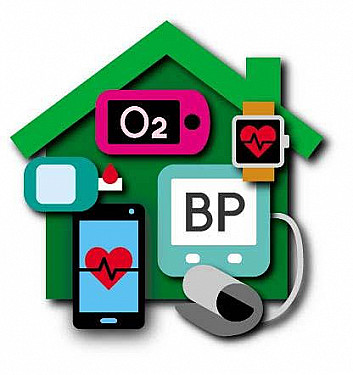Stroke prevention in atrial fibrillation: Beyond anti-clotting drugs
More than five million Americans have atrial fibrillation, a heart rhythm disorder commonly known as afib. During a bout of afib, the heart’s upper chambers (atria) suddenly start to quiver ineffectually. When that happens, blood tends to pool — and possibly form clots — in a small pouch that protrudes from the top of the left atrium. This ear-shaped sac is called the left atrial appendage (LAA).
To continue reading this article, you must log in.
Subscribe to Harvard Health Online Plus (HHO+) to unlock expert-backed health insights, personalized tools, and exclusive resources to feel your best every day.
Here’s what you get with your HHO+ membership:
- Unlimited access to all Harvard Health Online content
- 4 expertly curated newsletters delivered monthly
- Customized website experience aligned to your health goals
- In-depth health guides on topics like sleep, exercise, and more
- Interactive features like videos and quizzes
- Members-only access to exclusive articles and resources
I’d like to subscribe to HHO+ for $4.99/month to access expert-backed content to help make smart, informed decisions about my well-being.
Sign Me UpAlready a member? Login ».
About the Author

Julie Corliss, Executive Editor, Harvard Heart Letter
Disclaimer:
As a service to our readers, Harvard Health Publishing provides access to our library of archived content. Please note the date of last review or update on all articles.
No content on this site, regardless of date, should ever be used as a substitute for direct medical advice from your doctor or other qualified clinician.
















